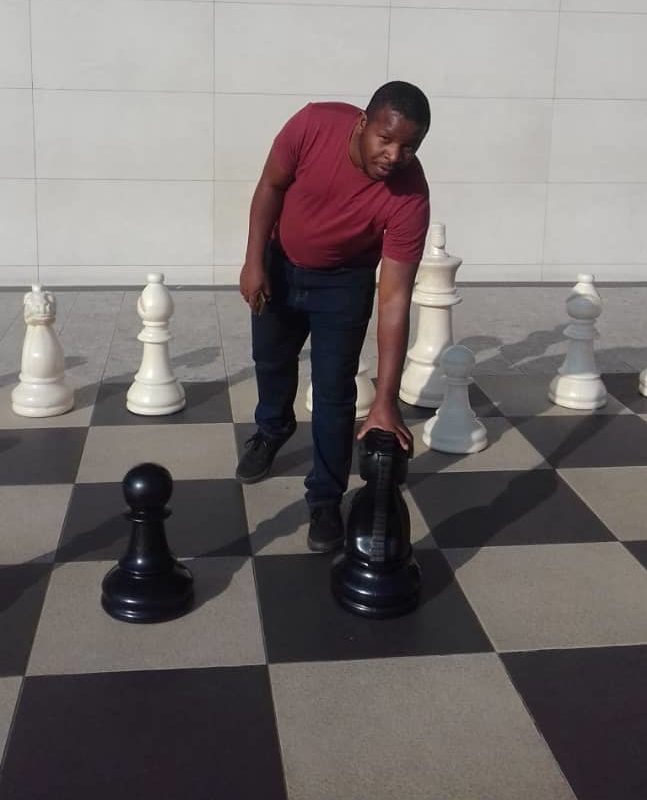
The Mhondoro Chess’s Art Competition, Chess Mirrors Life, marks a significant step towards bridging the gap between art and chess, aiming to shed light on the intricate relationship between the game and real-life dynamics.
The competition is expected to cultivate artistic expression by inviting individuals of all ages to submit original artworks exploring various themes.
It enhances the understanding of the connections between chess and broader human experiences.
The competition encompasses a variety of sub-themes, including the empowerment of women in chess and the strategic similarities between chess and the art of war.
Participants are encouraged to offer diverse perspectives and interpretations. Moreover, the themes of chess’s role in bridging economic disparities and the inherent joy of life add depth to the creative exploration.
Mhondoro Chess has decided to host the competition as part of its commitment to transforming the chess landscape in Zimbabwe.
Under founder Fortune Gandawa’s visionary leadership, the organisation recognises that chess is not just a game but a catalyst for positive change and empowerment, primarily through education and training.
“At Mhondoro Chess, we believe that if taken seriously, we can chess transform lives through education and training,” Gandawa said.
Mhondoro Chess is dedicated to creating a fully equipped platform for the development of chess.
The organisation has initiated a project to establish a modern chess facility comprising playing halls, accommodation facilities, and educational resources.
The primary aim of the facility is to nurture talent, facilitate learning, and promote a dynamic and thriving chess community.
“We plan to construct a two-storey complex that includes a playing hall, boarding facilities, and education and training facilities,” Gandawa added.
Mhondoro Chess has an important mission to develop players, demonstrated by their partnership with Tatenda Ndou, a talented female chess player.
Mhondoro Chess provides professional coaching and support for international tournaments to empower players like Ndou.
Their vision is to use chess as a tool for personal and communal transformation.
“We have decided to collaborate with an underdog – a relatively unknown player named Tatenda. Our goal is to develop her skills by providing her with a professional coach and assisting her to participate in international tournaments,” said Gandawa. “Since beginning our work with Tatenda, she has made remarkable progress, which was evident at the Candidates tournament.”
Mhondoro Chess is committed to expanding its initiatives and infrastructure, firmly believing that chess can enrich lives, transcend barriers, and inspire collective growth.
The organisation serves as a prime example of how chess can have a profound impact as both a game and a vehicle for empowerment through its multifaceted endeavours.






